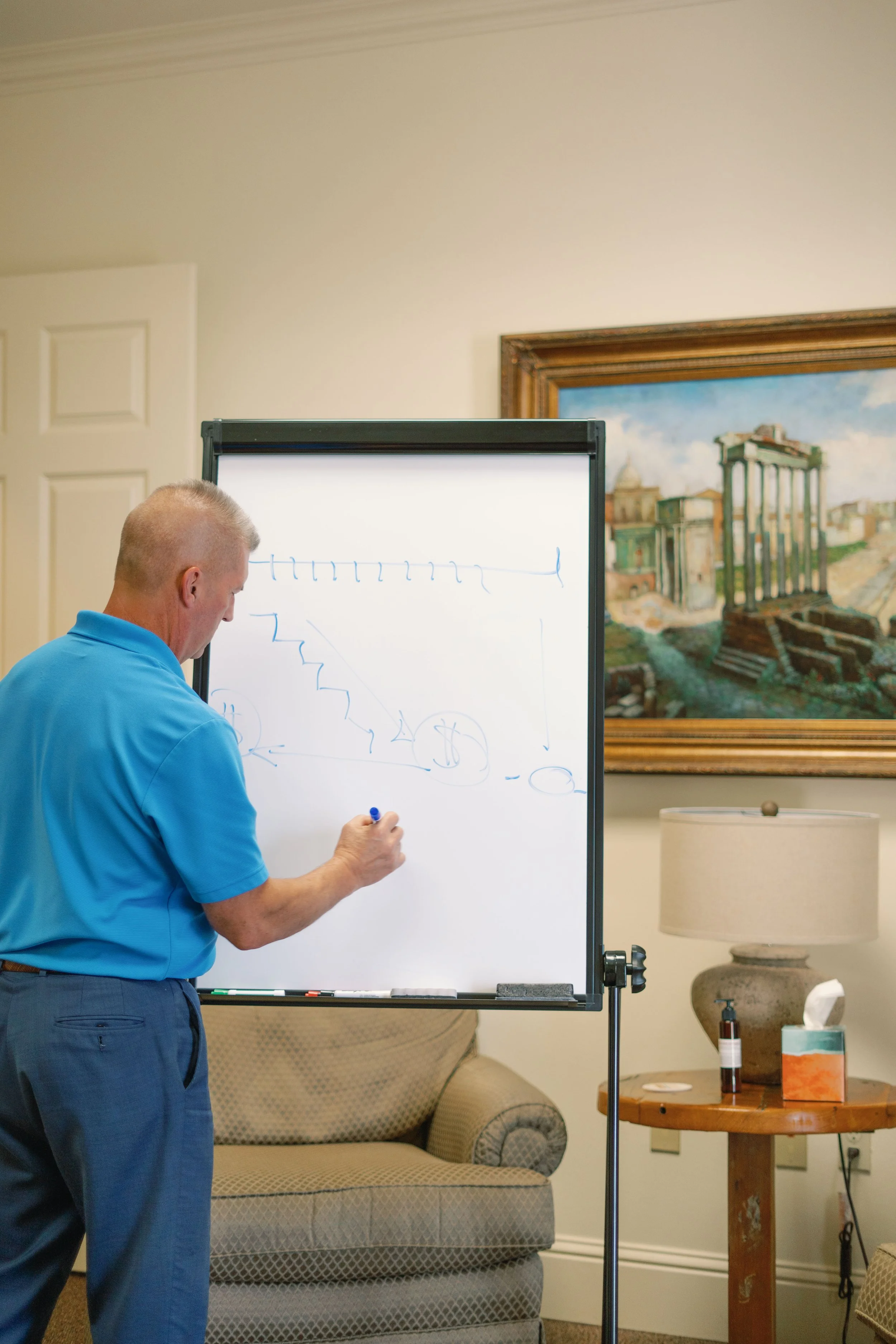
Why mediation?
Mediation is an effective tool in closing claims efficiently & effectively.
Prism has a 20+ year history of resolving 90% of the claims we mediate.
Why does mediation work?
Mediation benefits all parties.
SI’s, employers & carriers managing claims expense and helping get their people back to work
attorneys seeking to deliver the results their clients want that lead to more business
adjusters reducing claims efficiently & effectively
injured workers and their families getting an opportunity to restart and reclaim their lives after a work injury
Mediation is the most effective use of time and financial resources in bringing claims to resolution.
Most businesses and individuals aren’t interested in spending any more money or time than necessary on insurance claims. Mediation prioritizes costs savings and time efficiency by getting all interested parties together at the same time for one (*set price*) conversation around closure.
Mediation assumes closure is the goal.
Parties that agree to mediation have, by nature, agreed that they want to close this claim. Mediation is effective because it assumes that all participating parties want the same thing, it’s just about crafting the path there. Which is where Prism comes in…
Why mediate with Prism?
Prism has over 17 years of workers’ comp mediation experience.
Prism has been around for 19+ years and has mediated over 6,000 cases. Our mediators have both practice and mediation experience on all sides of most work related and/or casualty type disputes.
We settle 90% of the cases we mediate.
Our fixed-price model means we have skin in the game. We are just as interested in resolution as involved-parties. This motivation, coupled with our caring and respectful approach to all parts of the mediation process give us a 90% closure rate on the cases we mediate.
We keep people first and our customers feel that.
Mediation is a very human-centered process. It’s about conversation, listening, empathizing, and understanding many perspectives to a single situation. From request to closure, we know we are dealing with people who have lives, families, and other priorities. In keeping people first, people feel seen, respected, and appreciated, and they trust us with their work.

